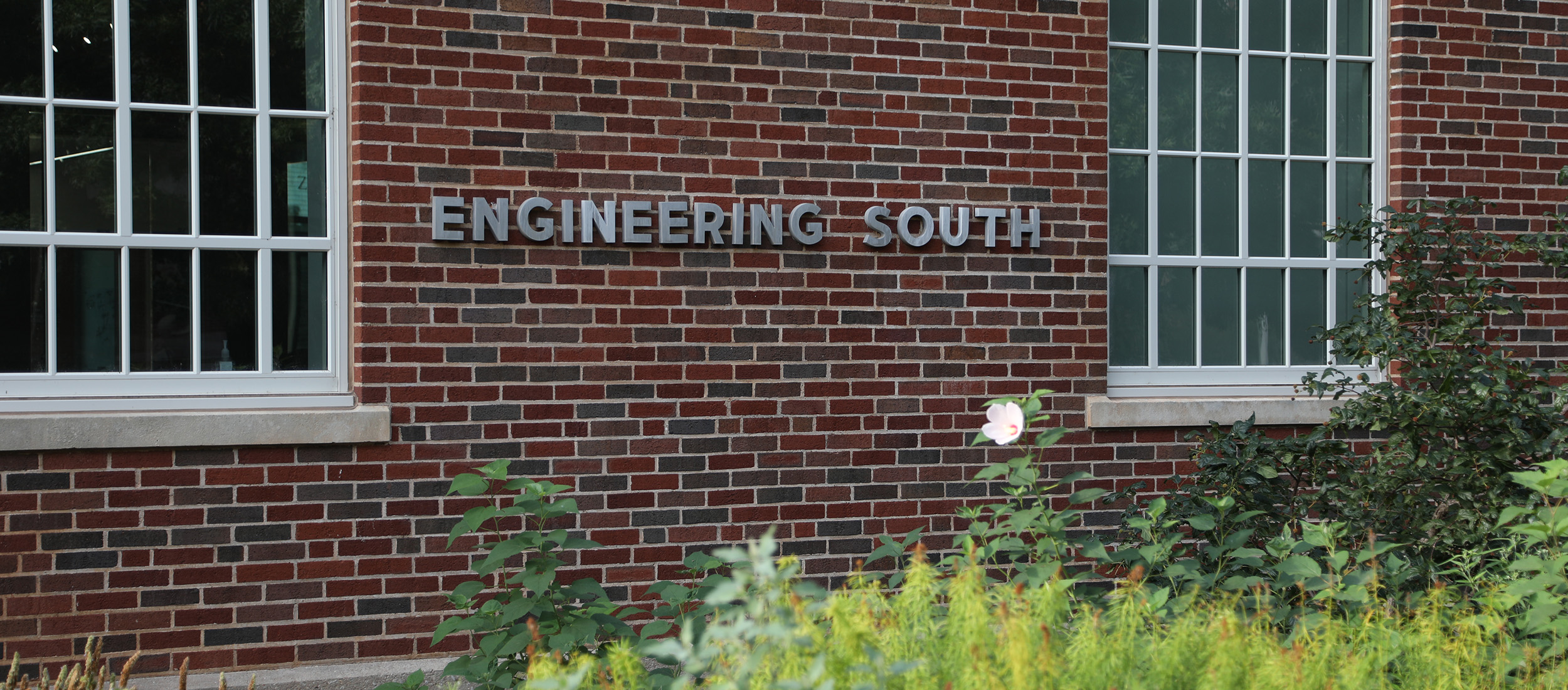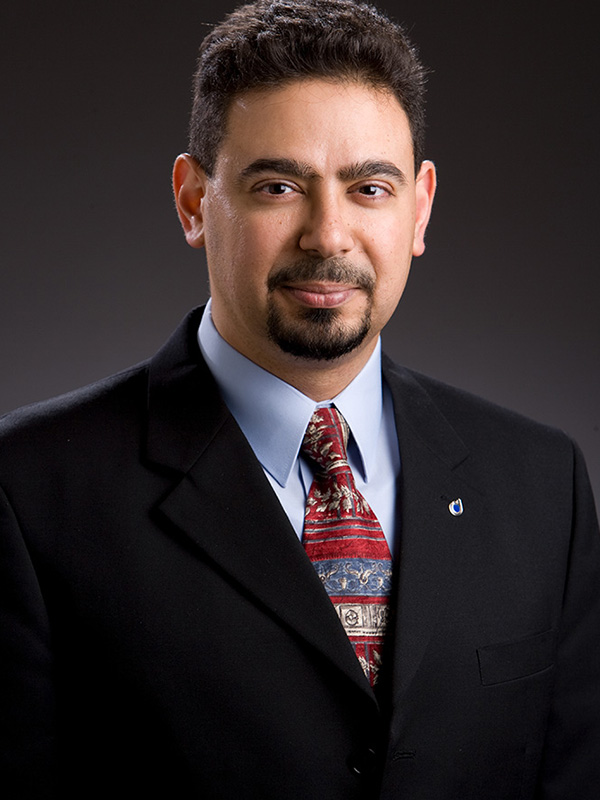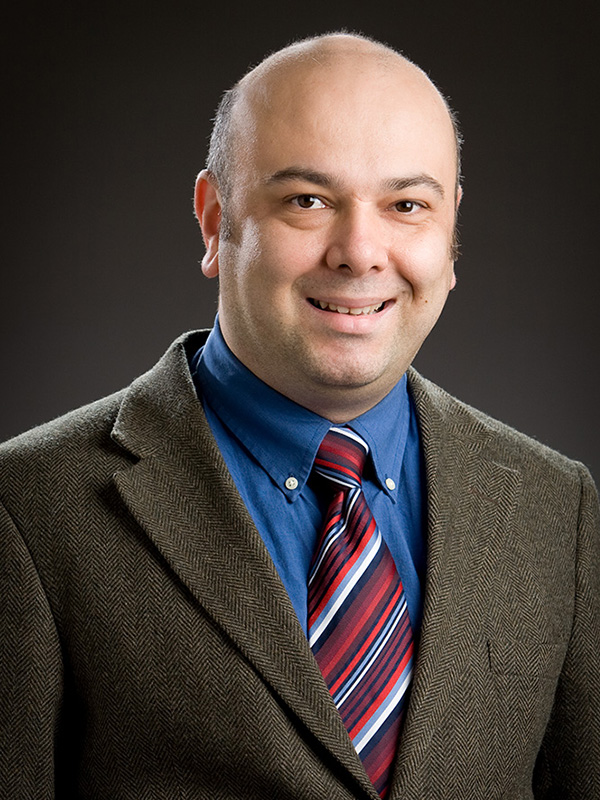
CEAT professors researching solar-powered desalination technology for oil and gas industry
Wednesday, September 4, 2024
Media Contact: Tanner Holubar | Communications Specialist | 405-744-2065 | tanner.holubar@okstate.edu
With oil and gas production continuing to increase, the amount of produced water is increasing right alongside it. Produced water, a byproduct of oil and gas extraction, can cause land, water and air pollution if not handled properly.
Produced water is used for things like waterflooding, fracking and enhanced oil recovery operations. It is usually pumped into Class 2 injection wells for disposal, but doing so may cause a rise in seismicity-frequent earthquakes.
College of Engineering, Architecture and Technology researchers are beginning a three-year project to develop advanced solar-powered desalination technology to treat produced water from the oil and gas industry. Negative aspects of produced water are that it can include things like oil, grease and salts. It can also contain dissolved gases and radioactive materials.
Desalination is the process of removing contaminants, such as salt or chemicals, from the water so it can be used for other purposes. The treated water would reduce the need for injection wells and could potentially be used for agricultural or industrial uses.
The principal investigator is Dr. Prem Bikkina, associate professor in the School
of Chemical Engineering, and the co-PIs are Dr. Mari Andiappan, associate professor
in the Department of Chemical, Biological and Materials Engineering at the University
of South Florida; Dr. Khaled Sallam, associate professor in the School of Mechanical and Aerospace
Engineering and associate head of MAE at OSU-Tulsa; and Dr. Kaan Kalkan, associate professor in MAE. Dr. Ram Mohan, professor at the University of Tulsa, is also involved.



“This research could help alleviate problems related to water scarcity by providing a more efficient and cost-effective method for desalinating produced water,” Bikkina said.
A grant from Nitro-Lift Technologies makes this research possible and is part of the Oklahoma Applied Research Support program of the Oklahoma Center for Advancement of Science and Technology. It supports this project aimed at meeting challenges posed by the expected increase of produced water in oil and gas production.
The main goal of the project is to research the creation of a solar-powered treatment plant for produced water. There are four main outcomes researchers would like to achieve:
- Developing novel Mie-resonator photothermal materials to efficiently absorb solar energy in a thin film with high stability and low thermal resistance.
- Create a high-performance solar boiler that exceeds critical heat flux and can pair seamlessly with the solar connector.
- Design a highly efficient pretreatment process for produced water.
- Developing a new thermodynamic cycle that employs the combined heat and power cycle.
Completing these four goals would result in a cost-effective and safer alternative to injection wells. It would also mean drought-prone regions in Oklahoma could benefit from more usable water. The new technology and methods developed will impact society beyond produced water treatment facilities — impacting energy, water and environmental sustainability.
“The project aims to complete initial simulations and material development, develop wettability-based nucleate boiling and condensation correlations, design and test a produced water pre-treatment prototype, and establish a thermodynamic model for the Combined Heat and Power cycle,” Bikkina said.
Bikkina said there is a goal to lay a good foundation for the practical application of the technology being developed in the first year of the project.
The project will take place in three phases. In the first phase, the team will design and test a water pre-treatment prototype and develop a thermodynamic model for the CHP cycle.
In the second phase, the focus will be optimizing the boiler design, completing nanostructure characterization and fabricating and testing the Model View Controller evaporator/condenser unit.
The third phase of the project will focus on optimizing the energy conversion performance of the solar trapping film on the boiler, integrating the solar boiler with custom-made Model View Controller components and prepare it for field testing.
With this research focusing on finding effective ways to treat produced water to create more usable water, there are significant problems this research could have potential to address.
“This research is crucial for developing sustainable water treatment solutions, addressing water scarcity and improving energy efficiency in desalination processes,” Bikkina said. “It has significant implications for both environmental sustainability and resource management in the oil and gas industry.”
